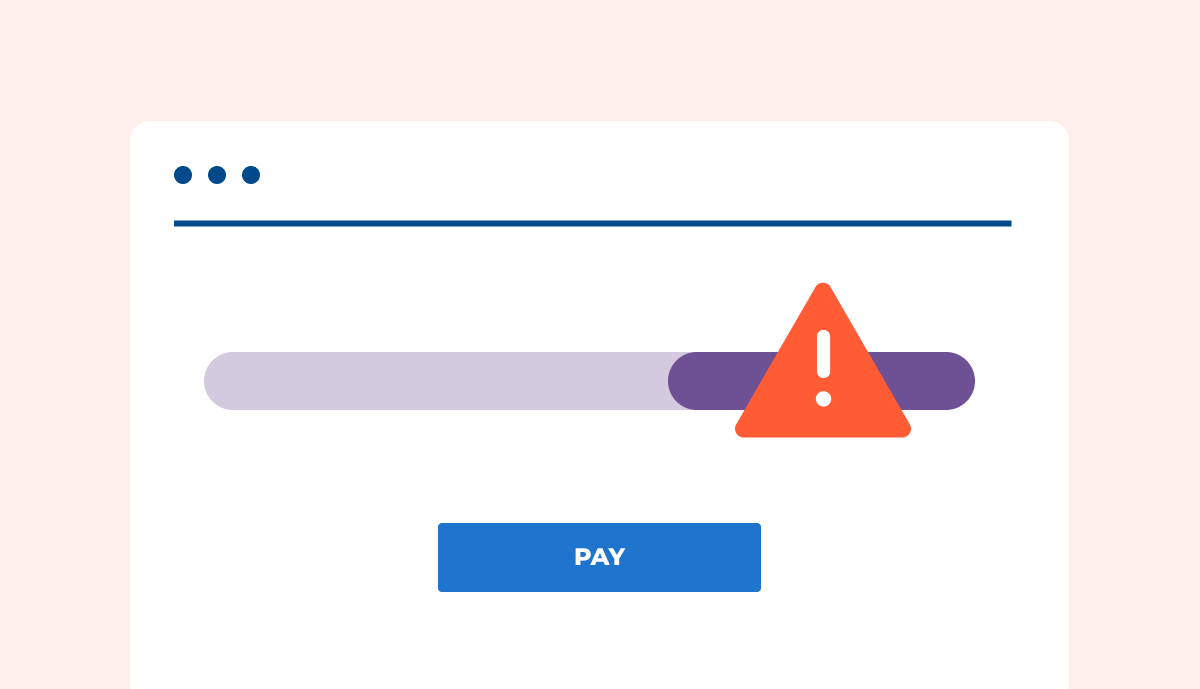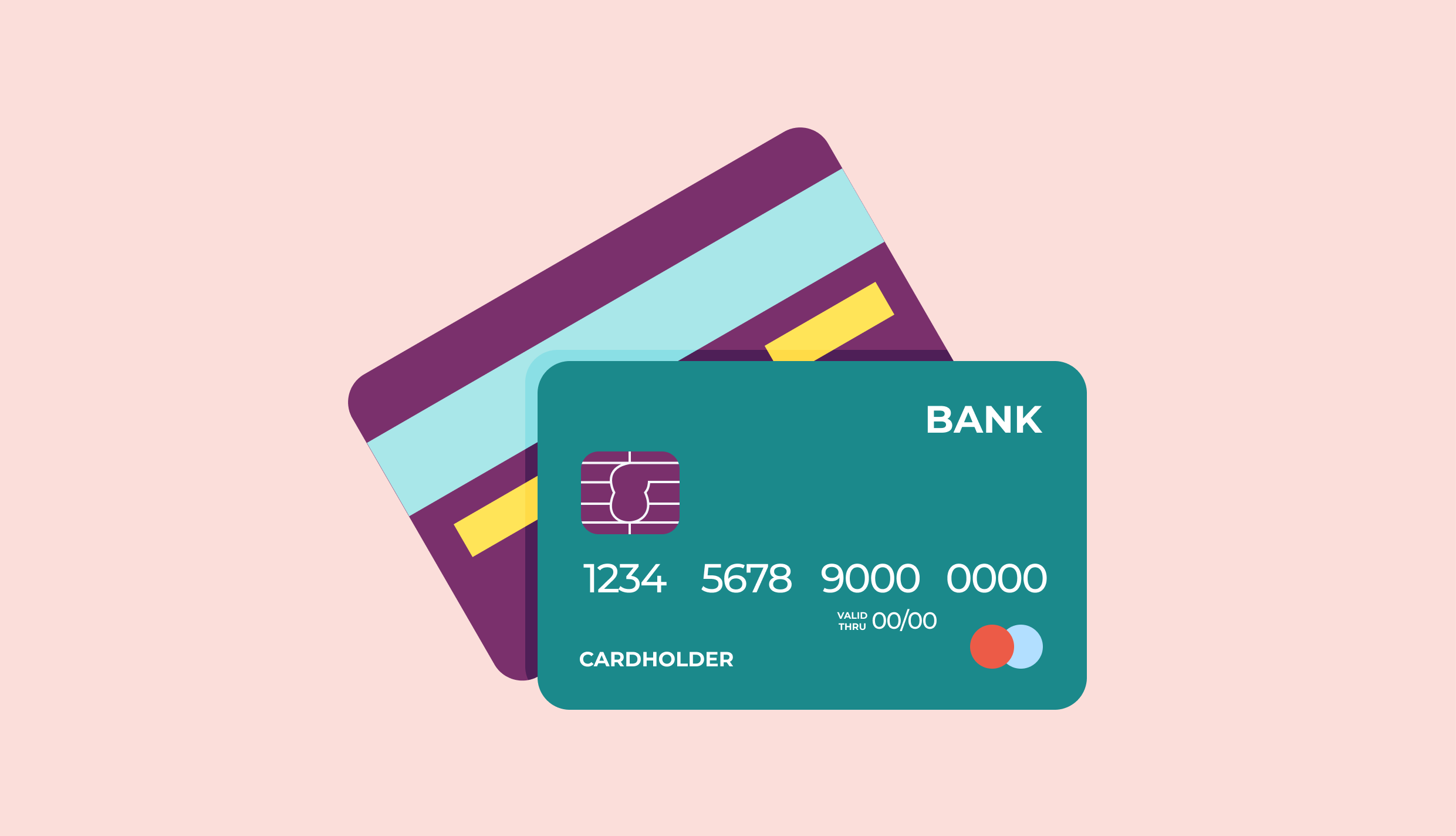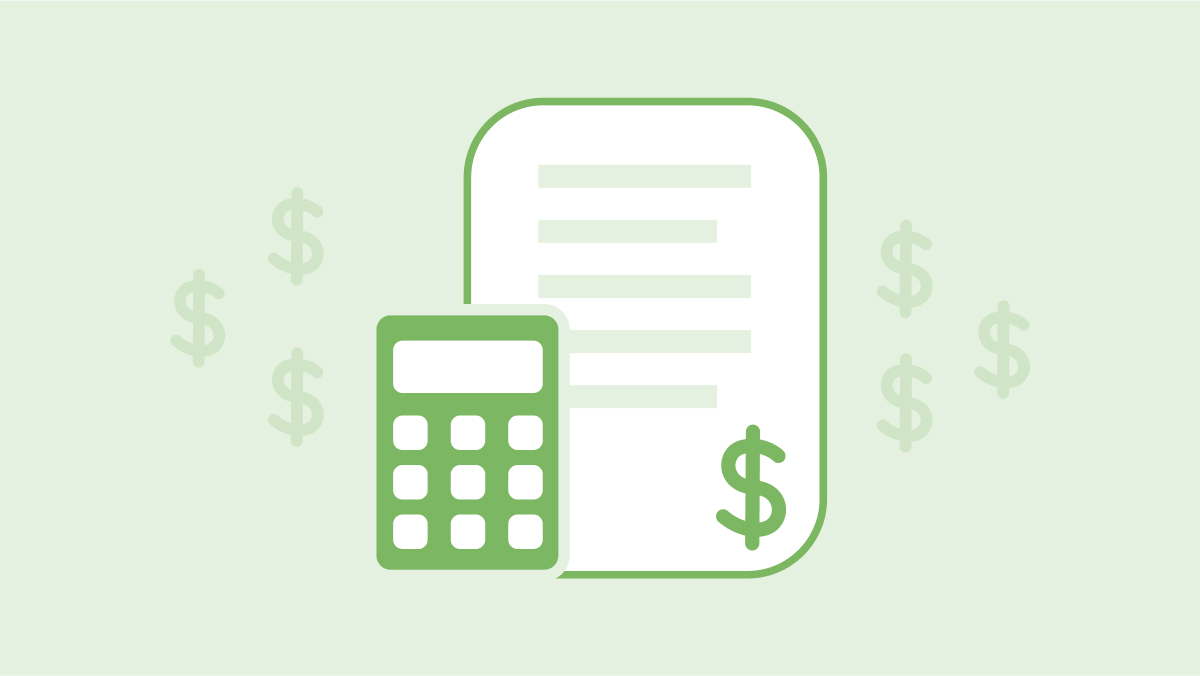
Last updated March 9, 2023
Just because you can doesn’t mean you should. Could you hear your parents’ voice when reading that?
The lesson here is still valid. Yes, charging customers for credit card fees is legal in most states (debit card surcharging is not allowed). However, there are specific rules on how this must be displayed, when this must be displayed, what parties you need to inform before implementing, and how much you can actually surcharge. More complexity may be coming as soon as April 2023, as Visa intends to reduce the amount that can be surcharged from 4% to 3%, which is different than other card brands like Mastercard.
BUT, the next question to ask is should I charge customers credit card fees? While there are arguments in favor of charging a credit card fee, there are also several reasons why it may not be the best strategy for your business, and we’ll explain why.
Before you get too far, we recommend you confirm with your state government’s Consumer Protection unit that your state isn’t an outlier to the rule before moving forward.
What Are the Common Fees Businesses Charge for Credit Card Transactions?
Convenience Fees Versus Surcharges
Convenience fees are charged when a client uses a form of payment that isn’t your preferred primary payment method. Let’s say you run things old school and request to be paid by check, you may then offer the option to pay by credit card for a fee. This can only be enforced if there is an alternative preferred form of payment.
On the other hand, a surcharge is a fee for a form of payment, which is only legal in certain states and must be displayed clearly when requesting payment. Notification to Visa and Mastercard plus your processing partner are required 30 days in advance of implementing any surcharge program.
How Much Can I Charge Customers for Using a Credit Card?
Credit card processing fees can be expensive, and the goal of charging customers for using a credit card is to help offset these costs. Credit card surcharges currently cannot be more than 4% or exceed the processing cost for the business. You must use the lowest amount of the two, even if it costs more than 4% for your business to process the credit card.
Starting in April 2023, however, Visa intends to cap surcharges at 3%. Mastercard, Discover, and American Express are all 4%, but could very well change with Visa leading the charge first.
Convenience fees range between 2%-3% and also cannot exceed the cost of the processing fee.

Is Charging Your Clients a Credit Card Fee Best for Your Firm?
If processing fees are holding your firm up from moving to electronic payments, consider the bigger picture. By improving your billing and invoicing software and offering an easier payment method for clients, you’ll start getting paid much, much faster, if not immediately. With a benefit as big as stability for your firm’s cash flow, the fees often become an obsolete obstacle.
Charging a fee for credit card payments can negatively impact customer satisfaction, as many customers view this as an inconvenience or an added expense. Think of when you go to order your favorite restaurant online and all of a sudden the bill is higher than you expected and you think how did this happen?
Service fees, convenience fees, delivery charges. All those small amounts add up to leave a sour taste in your mouth. Ideally not the same impression you’d like to leave your client with at the end of an engagement after working hard to provide them with an excellent experience.
If you still feel like it’s a better decision to charge clients a credit card fee and protect your finances, the payment processing system you’re currently using may have too high of fee and not be the right choice for your firm.
How to Lower Credit Card Processing Fees
The best way to ensure your firm has the lowest payment processing fees is to select the right payment processing provider. There are many payment solutions available, so take your time to research who has the lowest fees and most flexible options for your firm. You may find your clients prefer alternative payment methods, such as ACH transfers, which often have lower processing fees than credit card transactions.
Summary: Should I Charge Customers Credit Card Fees?
While charging customers for credit card fees (not debit card fees) is legal in most states, the decision to do so should be carefully considered and the appropriate protocols should be followed. Factors such as the size of processing fees, impact on customer satisfaction, and payment processing solutions should be taken into account. If a fee is chosen to be charged, transparency and offering alternative payment methods can help mitigate the impact on customers.
As we mentioned earlier, giving clients the ability to pay by credit card is a tremendous value for your professional services firm. Not only does it make their life easier and enhance your customer service, but you’ll also be amazed at how fast you get paid and see a domino effect of perks for your cashflow and improved professional services billing.
If you want to go a step further towards simplifying your collection of payment, check out this blog next to learn about integrating your payment system with your invoicing software.
Save Your Firm Time and Money with Integrated Payments >>
Ready to explore our payment processing solution, BigTime Wallet? Watch our 20-minute webinar for an overview of how it works, or request a personalized demo from a member of our team.
.png)





